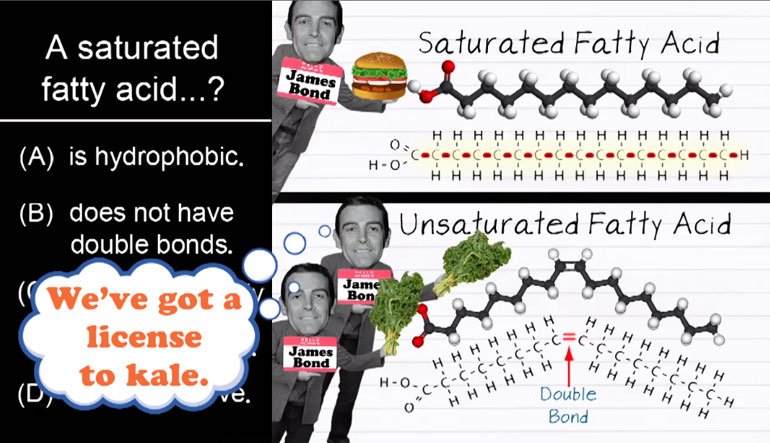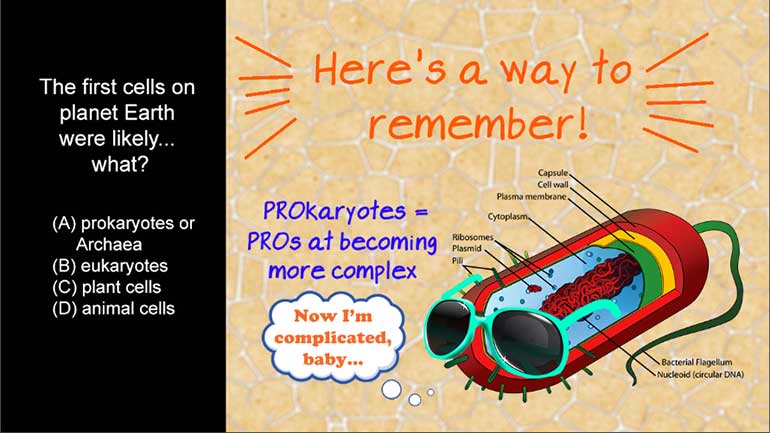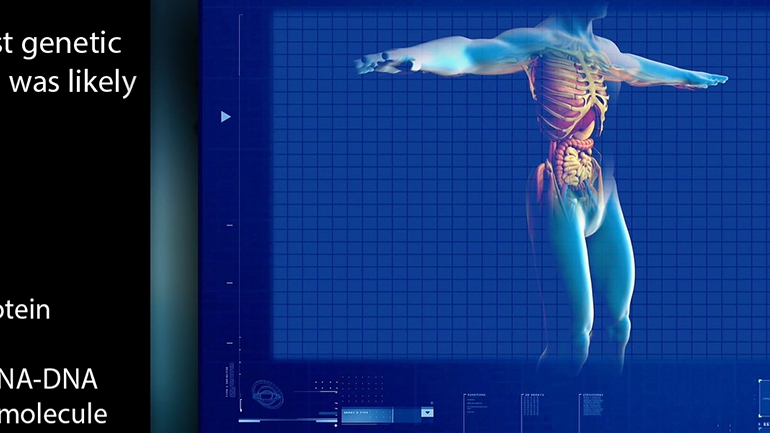ShmoopTube
Where Monty Python meets your 10th grade teacher.
Search Thousands of Shmoop Videos
AP World History Videos 31 videos
AP World History 1.2 Industrialization and Global Integration, c. 1750 to c. 1900. All of the following are innovations of the Industrial Revolutio...
AP World History 2.5 Industrialization and Global Integration, c. 1750 to c.1900. What was the relationship between abolitionist movements and wome...
AP World History 4.3 Industrialization and Global Integration, c. 1750 to c. 1900. What was the immediate cause of the First Sino-Japanese War?
AP World History 4.3 Technological and Environmental Transformations, to c. 600 B.C.E. 10 Views
Share It!
Description:
AP World History 4.3 Technological and Environmental Transformations, to c. 600 B.C.E. Most archaeologists believe that the earliest humans lived in...what?
Transcript
- 00:04
And here's your shmoop du jour brought to you by skeleton
- 00:06
corporation sometimes we steal bones from their arms but they don't find it [Skeletons wearing sombreros]
- 00:12
very humorous... okay here's our question most archaeologists believe that the
- 00:18
earliest humans lived in what? here are our potential answers...
- 00:26
archaeologists love getting their hands on ancient stuff, human fossils are [Person digging]
Full Transcript
- 00:30
nightmare material for some folks but they're what dreams are made of for your
- 00:35
average archaeologist let's dig into our answers starting with A and C well
- 00:39
studies of fossils and climate reconstruction suggests that North
- 00:42
Africa was more hospitable than archaeologists originally thought the [A smiley face and welcome home sign on North Africa]
- 00:47
Sahara Desert spans almost the entirety of North Africa and a little into West
- 00:51
Africa about 130,000 years ago that whole area was apparently jam-packed
- 00:55
with lakes and rivers and was probably way easier to have a cool party back then.[People having a pool party in the Sahara Desert]
- 00:59
However there's little evidence showing that anyone actually lived there that
- 01:04
long ago let alone partied and if they did archaeologists have yet to dig up [Archaeologist digging in North Africa]
- 01:08
any ancient disco balls.. For now we can put A and C to rest well how about B, do
- 01:13
archaeologists believe that the earliest humans lived in East Africa the Omo
- 01:17
remains were discovered between 1967 and 1974 in East Africa these remains were [Man holding human remains]
- 01:23
dated to be approximately a hundred ninety-five thousand years old these
- 01:27
fossils are seriously old...So it looks like B is still in the game let's take a
- 01:33
look at D well unfortunately South Africa was unable to go the distance, the
- 01:37
earliest indications of modern humans in South Africa only date back as far as a [Clock ticking forward rapidly]
- 01:41
hundred fifteen thousand years ago so D falls short to B by a solid eighty
- 01:45
thousand years or so that means that answer B is correct but the beauty of [Archaeologist holding an ancient disco ball]
- 01:49
archaeology is that a new archaeological find could change everything we thought we
- 01:53
knew about our past at any moment only a matter of time before we find that two
- 01:58
hundred fifty thousand year old disco ball [Man and woman dressed as cavemen dancing at a disco]
Related Videos
AP Biology: Biological System Interactions Drill 1, Problem 1. Complete the sentence about a saturated fatty acid.
AP Biology: Essential Life Process Information Drill 1, Problem 1. If one parent is heterozygous for the sickle cell trait while the other par...
AP Biology: Evolution Drives the Diversity and Unity of Life Drill 1, Problem 1. The first cells on planet Earth were likely what?
AP Biology: Free Energy and Molecular Building Blocks Drill 1, Problem 1. Which statement incorrectly describes the properties of water?
AP® Biology: Evolution Drives the Diversity and Unity of Life Drill 1, Problem 2. What was likely the first genetic material?































